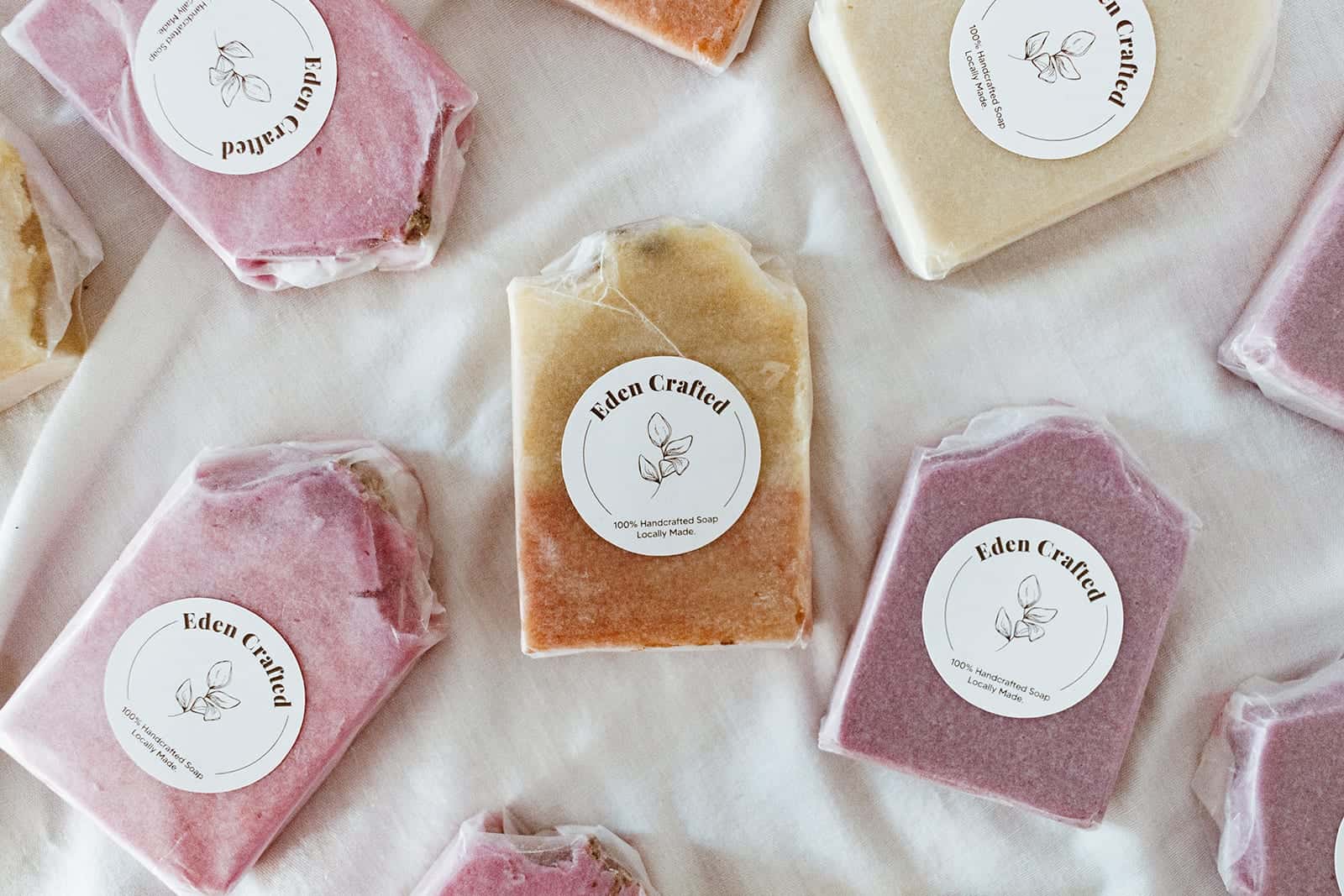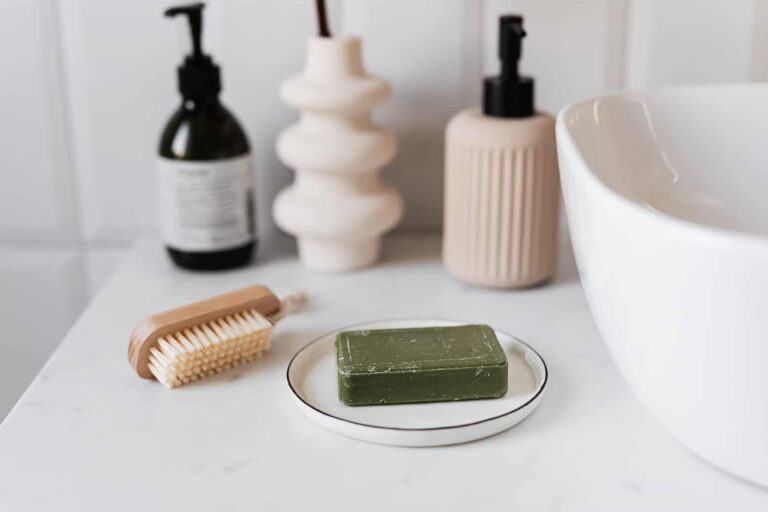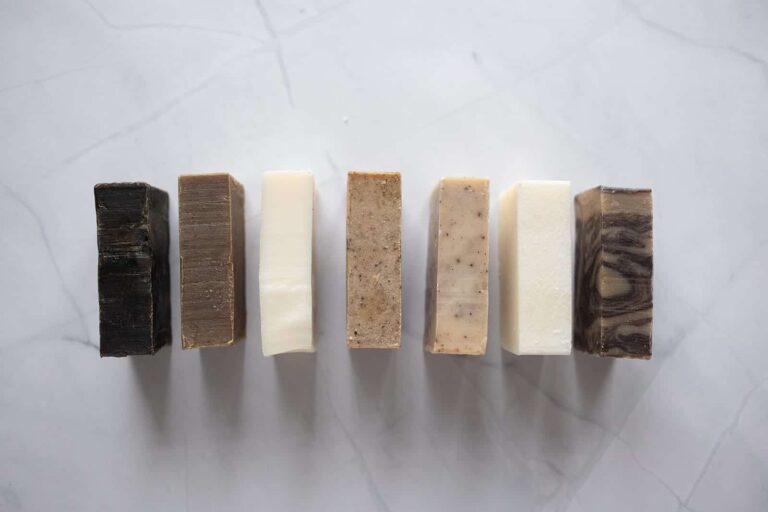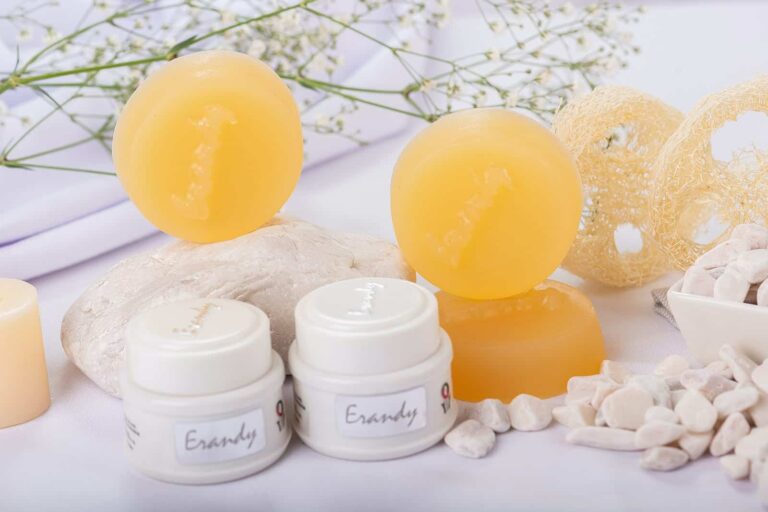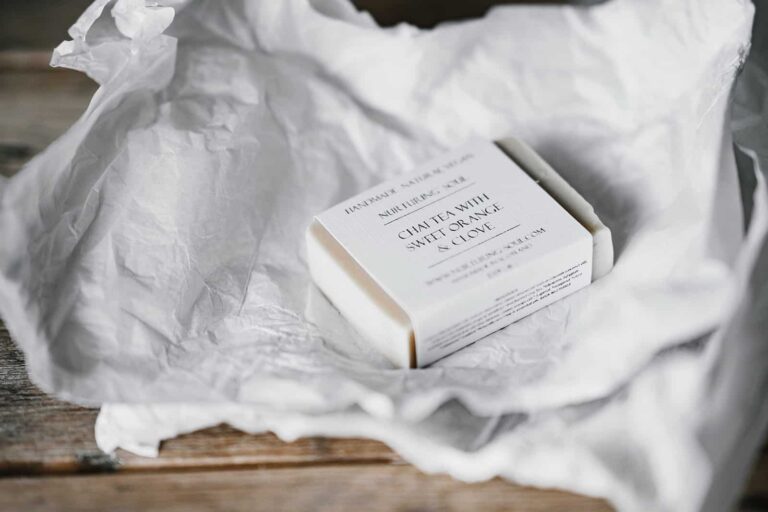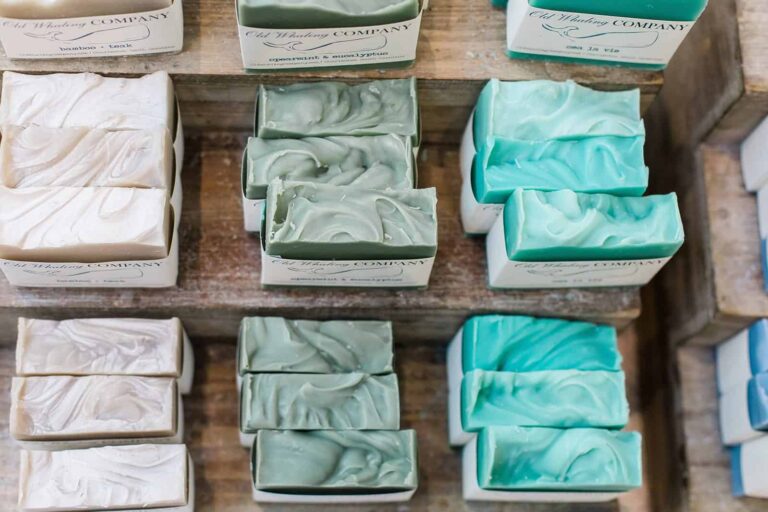The Rise of Clean Beauty: Transforming Skincare Routines for a Healthier You
In recent years, the clean beauty movement has gained significant traction, revolutionizing how modern women approach their skincare and makeup routines. Clean beauty focuses on using products formulated without harmful chemicals, prioritizing natural and non-toxic ingredients. This shift reflects a broader desire for health-conscious choices and environmental sustainability.
Understanding Clean Beauty
Clean beauty emphasizes transparency, urging brands to disclose complete ingredient lists and avoid substances linked to adverse health effects. This includes common culprits like parabens, phthalates, sulfates, and synthetic fragrances, which are often found in conventional beauty products. Instead, clean beauty products utilize safe, plant-based ingredients and eco-friendly packaging.
Why Clean Beauty Matters
- Health Benefits:
- Reducing Toxic Exposure: Clean beauty products help minimize exposure to potentially harmful chemicals. Many synthetic ingredients in traditional cosmetics can cause skin irritation, allergies, and hormonal disruptions.
- Enhancing Skin Health: Natural ingredients tend to be gentler on the skin, reducing the risk of irritation and promoting overall skin health. Ingredients like aloe vera, chamomile, and green tea are known for their soothing and healing properties.
- Environmental Impact:
- Eco-Friendly Practices: Clean beauty brands often adopt sustainable practices, such as using biodegradable packaging and sourcing ingredients ethically. This commitment to the environment helps reduce the beauty industry’s carbon footprint.
- Supporting Biodiversity: Many clean beauty products are formulated with sustainably harvested ingredients, which support biodiversity and reduce harm to ecosystems.
- Empowering Consumer Choices:
- Transparency and Trust: Clean beauty brands prioritize transparency, allowing consumers to make informed choices about what they put on their skin. This fosters trust and encourages loyalty.
- Ethical Considerations: Many clean beauty companies are cruelty-free, meaning they do not test their products on animals. This aligns with the values of consumers who prioritize ethical and humane practices.
Incorporating Clean Beauty into Your Routine
- Start with the Basics:
- Transitioning to clean beauty can begin with replacing everyday essentials like cleansers, moisturizers, and sunscreens with clean alternatives.
- Research and Educate:
- Educate yourself on ingredients and read labels carefully. Resources like the Environmental Working Group (EWG) Skin Deep database can help identify safe products.
- Gradual Transition:
- You don’t need to overhaul your entire routine overnight. Gradually introducing clean products allows your skin to adjust and prevents waste.
- DIY Options:
- Consider incorporating DIY beauty recipes using simple, natural ingredients like honey, coconut oil, and essential oils. This can be a fun and cost-effective way to embrace clean beauty.
The Future of Beauty is Clean
The clean beauty movement is more than a trend; it represents a fundamental shift in how we approach skincare and cosmetics. For the modern woman, prioritizing clean beauty is a step towards healthier living, ethical consumption, and environmental stewardship. As awareness grows and more brands commit to clean practices, the future of beauty looks promisingly green and clean.
By embracing clean beauty, women can enjoy the benefits of healthier skin, a clearer conscience, and a positive impact on the planet. It’s a holistic approach that aligns personal well-being with global responsibility, making it an essential consideration for the conscientious consumer.

